

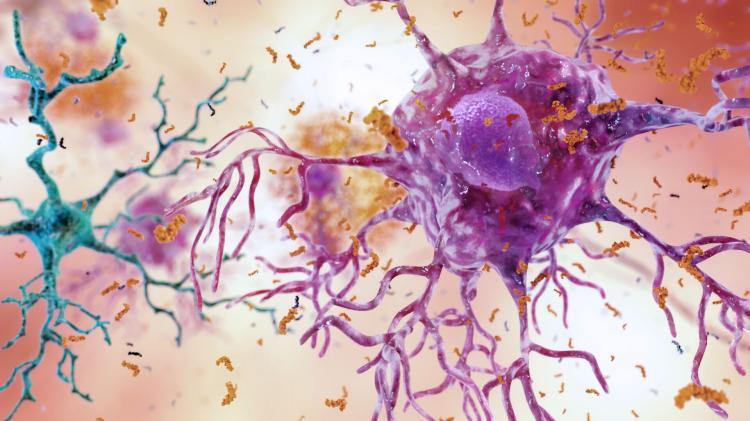
In tests with rodents, researchers observed that the immune system attempts to mitigate damage to the hypothalamus caused by food, which can lead to obesity in the long term. Animals whose migration of these cells was inhibited experienced greater weight gain, increased fat accumulation, and worsened metabolic markers.
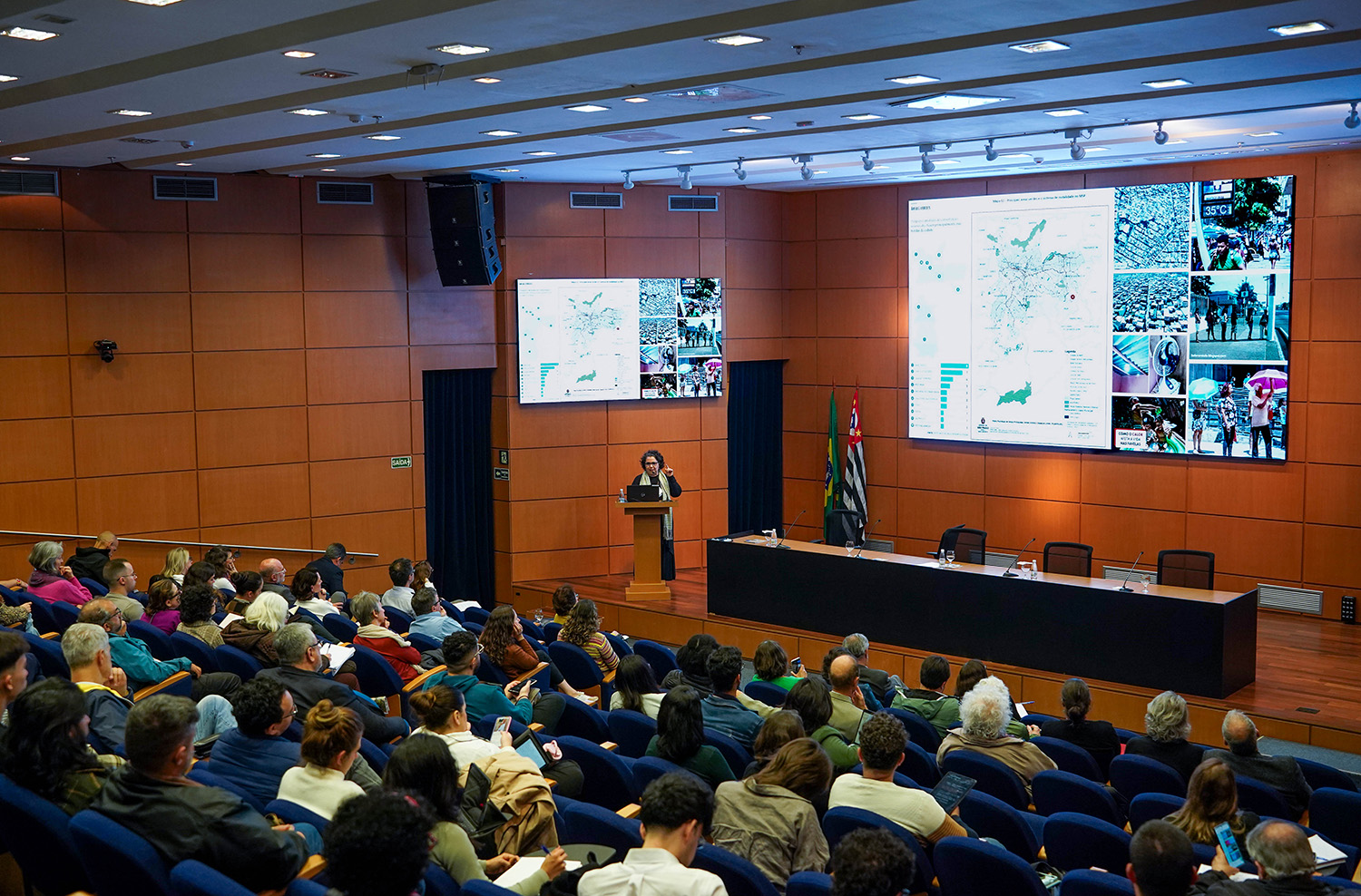
At the 7th FAPESP 2025 Conference, Denise Duarte, researcher at the University of São Paulo’s Faculty of Architecture, Urbanism, and Design, spoke about the need to map the impacts of extreme events on an individual scale and create urban thermal refuge areas in public spaces.
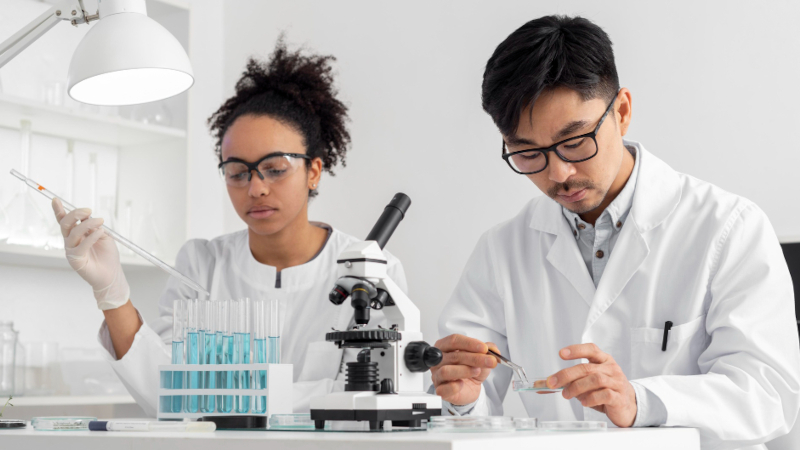
An analysis was conducted by Carlos Henrique de Brito Cruz, former scientific director of FAPESP, using the Elsevier Scopus database, which covers 100 million publications and over 7,000 scientific publishers worldwide.
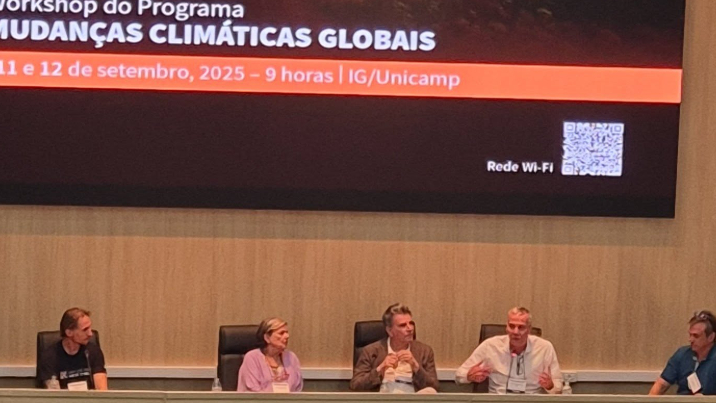
Workshop held at the State University of Campinas as part of the Research Program on Global Climate Change outlines the challenges to be faced and the scientific efforts to predict and mitigate the problems caused by global warming.

In an article published in the journal Scientific Reports, an international team of researchers describes how the defense cells of older adults with a history of endurance training are more effective against inflammation.
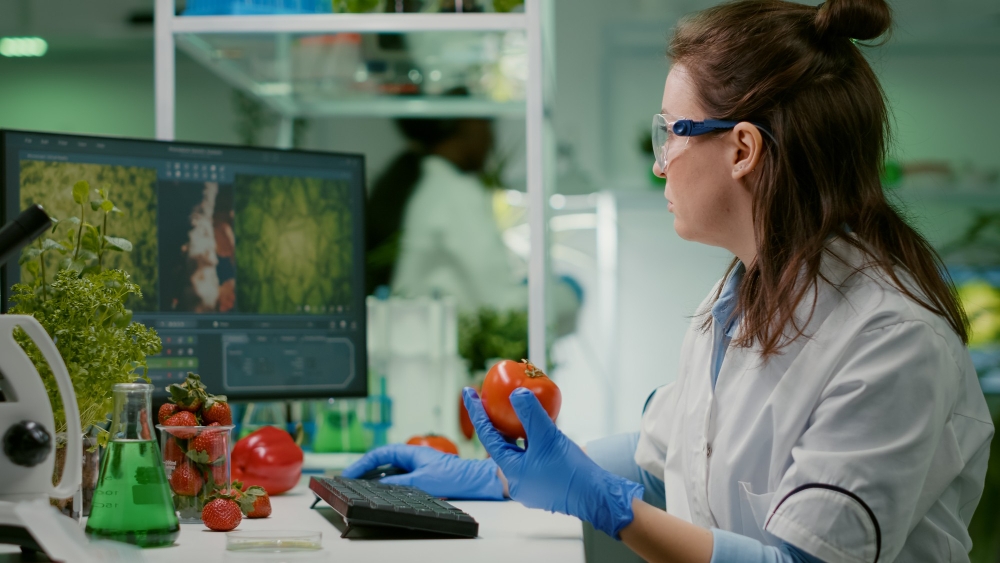
According to a report by the consulting firm Emerge, almost half of the 952 science-based startups mapped in the country develop solutions in this area, especially for the health and agribusiness sectors.

Researchers develop technology that identifies highly potent and dangerous psychoactive substances. The device can be used in emergency medical facilities and to help inform users and reduce the harm associated with consumption.
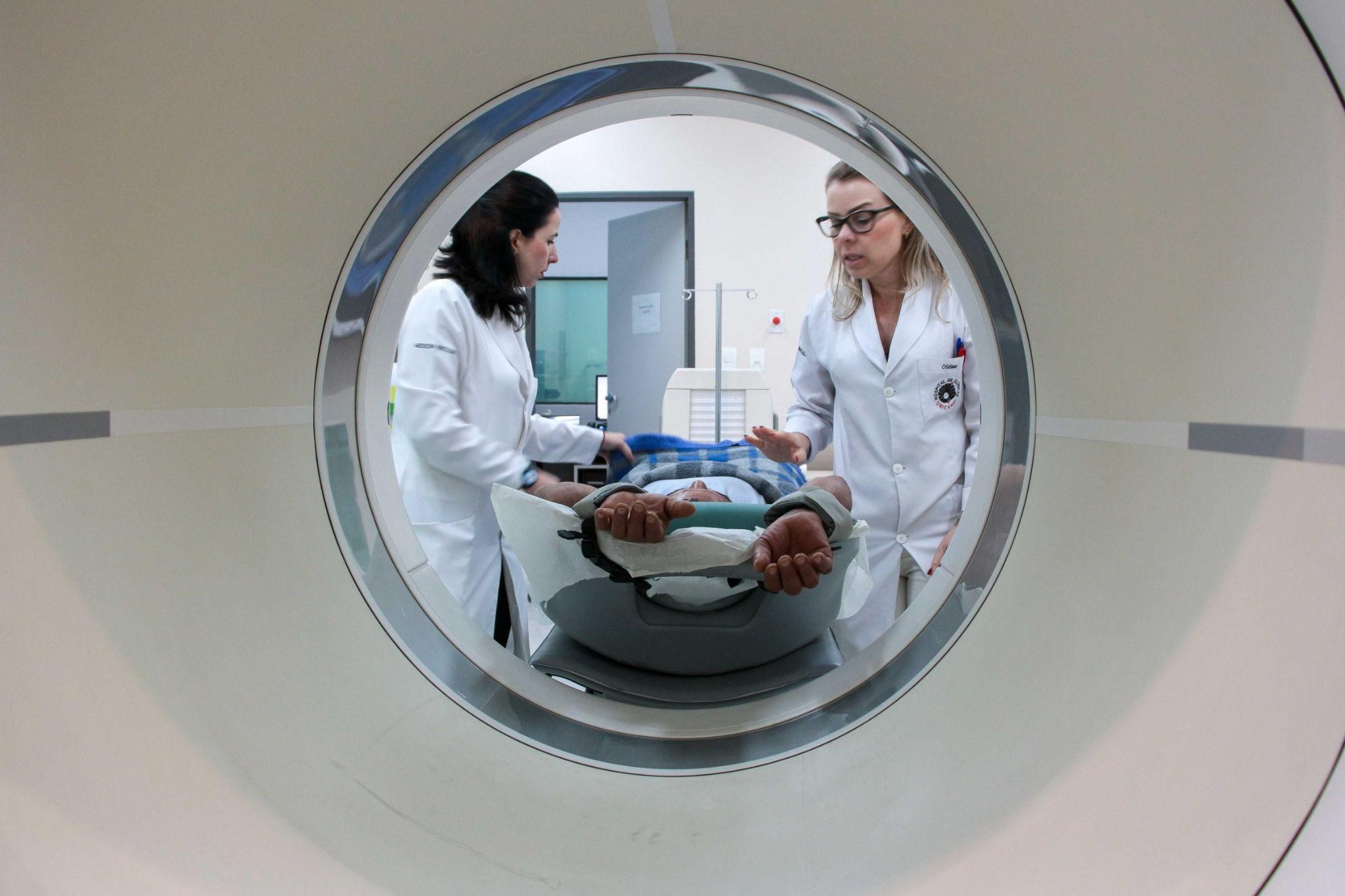
The new functionalities allow the Cancer Theranostics Innovation Center to generate dynamic, more detailed images and provide more accurate diagnoses. The device is available to the scientific community in the state of São Paulo.
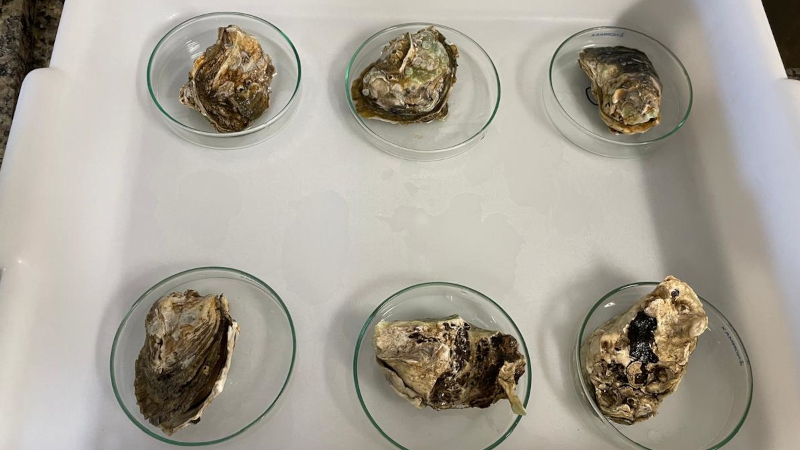
Researchers at the Federal University of São Paulo found that the toxicological effects of the drug on marine animals may be greater than those of cocaine. Preliminary results of the study were presented during the São Paulo School of Advanced Science on Emerging Pollutants.
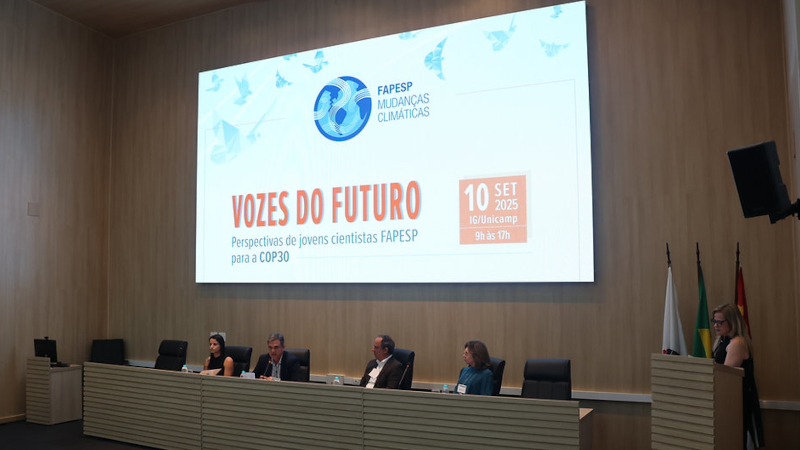
Meeting at the State University of Campinas with a new generation of researchers points to collaboration between sectors to mitigate the consequences of global warming with climate justice.
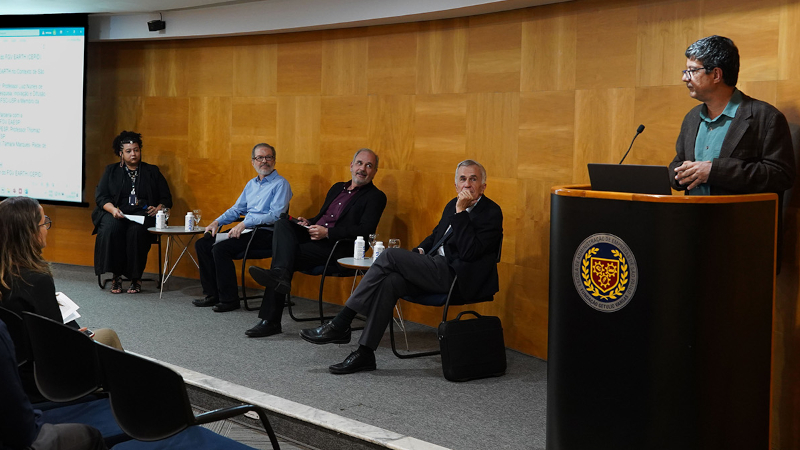
FAPESP’s new Research, Innovation, and Dissemination Center is launched two months before COP30 and is expected to become an international reference for innovative solutions to environmental challenges.

These findings are from the Deep Tech Radar Latam 2025 report, prepared by the consulting firm Emerge in partnership with Cubo Itaú.

Research led by scientists at the University of São Paulo contributes to the formulation of strategies to prevent the collapse of animal protein production.
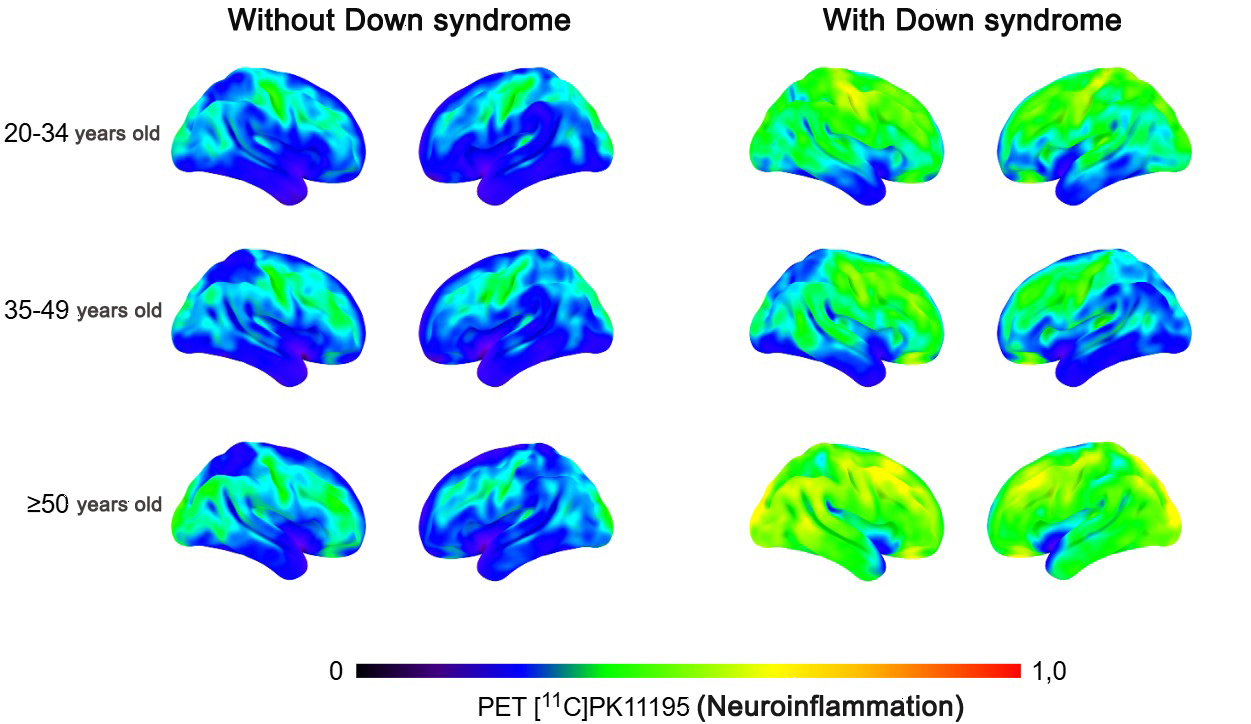
Researchers at the University of São Paulo identify a new factor that explains the high prevalence of Alzheimer’s disease in older people with Down syndrome. The discovery paves the way for disease prevention strategies in this population.
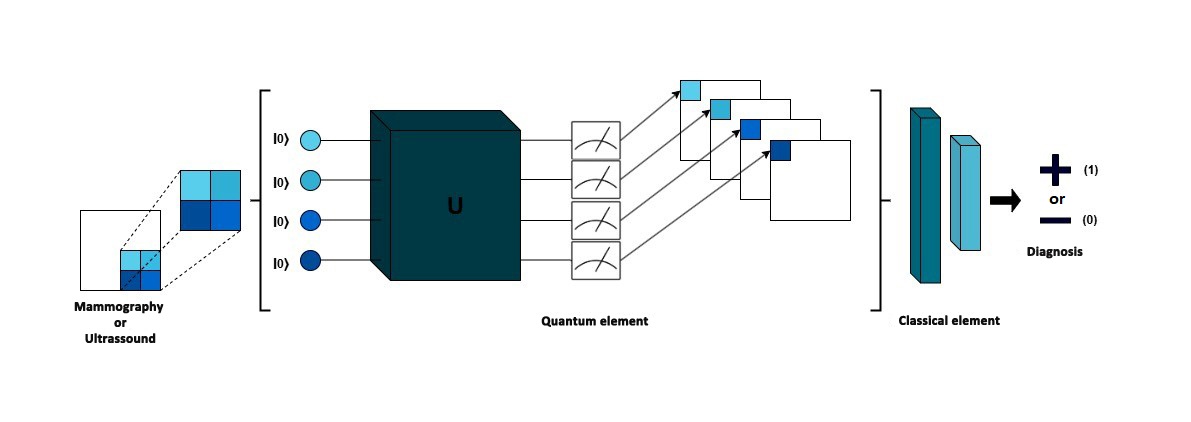
Simple quantum-classical neural networks achieve good results in classifying lesions with fewer computational parameters. Scientists from São Paulo State University demonstrated a hybrid model at an international symposium.

Technology created at the Research Center for Greenhouse Gas Innovation helps identify contaminating microorganisms, enabling plants to combat them more quickly and effectively.

Brazil has the chance to consolidate its position as a key player in global climate negotiations, says Thelma Krug, coordinator of the Scientific Council for the event scheduled for November in Belém.

Article published in Nature Medicine points to the risk of setbacks in research focused on this population. Experts question new rules in Brazil and other countries.

To reach this conclusion, Brazilian researchers cross-referenced data obtained from the local public health network with data from an indicator of variations in the Earth’s geomagnetic field. The study was published in the journal Communications Medicine.
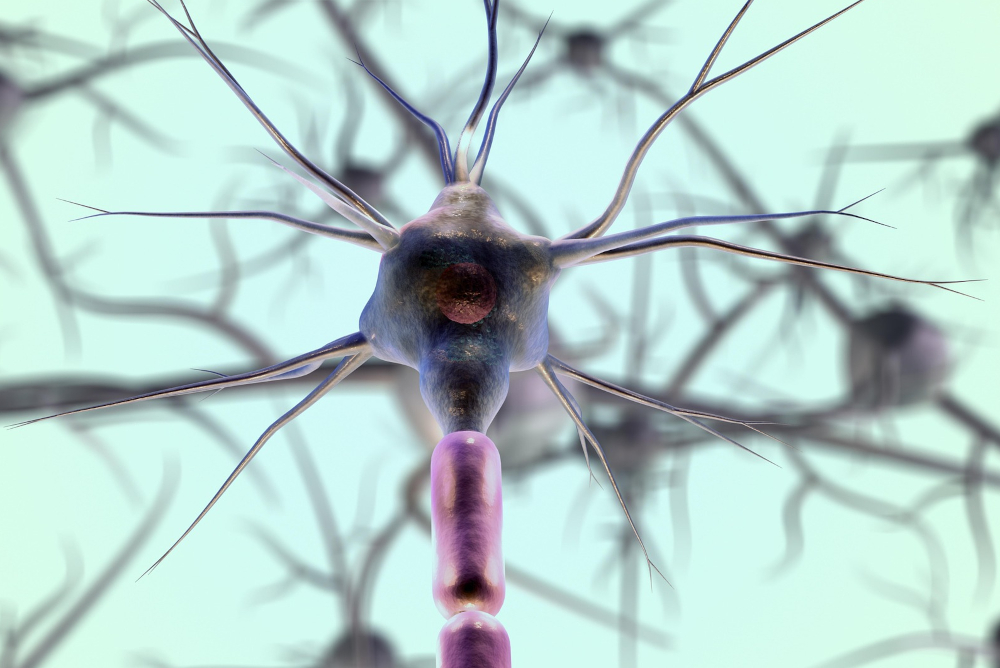
Brazilian researchers, in partnership with French institutions, combine advanced cell image analysis technology and machine learning and discover a morphological marker linked to individuals who do not respond to natalizumab.

A vulture recently arrived at the Santos Municipal Orchid Garden and an owl living in captivity for ten years were colonized by antibiotic-resistant Escherichia coli.
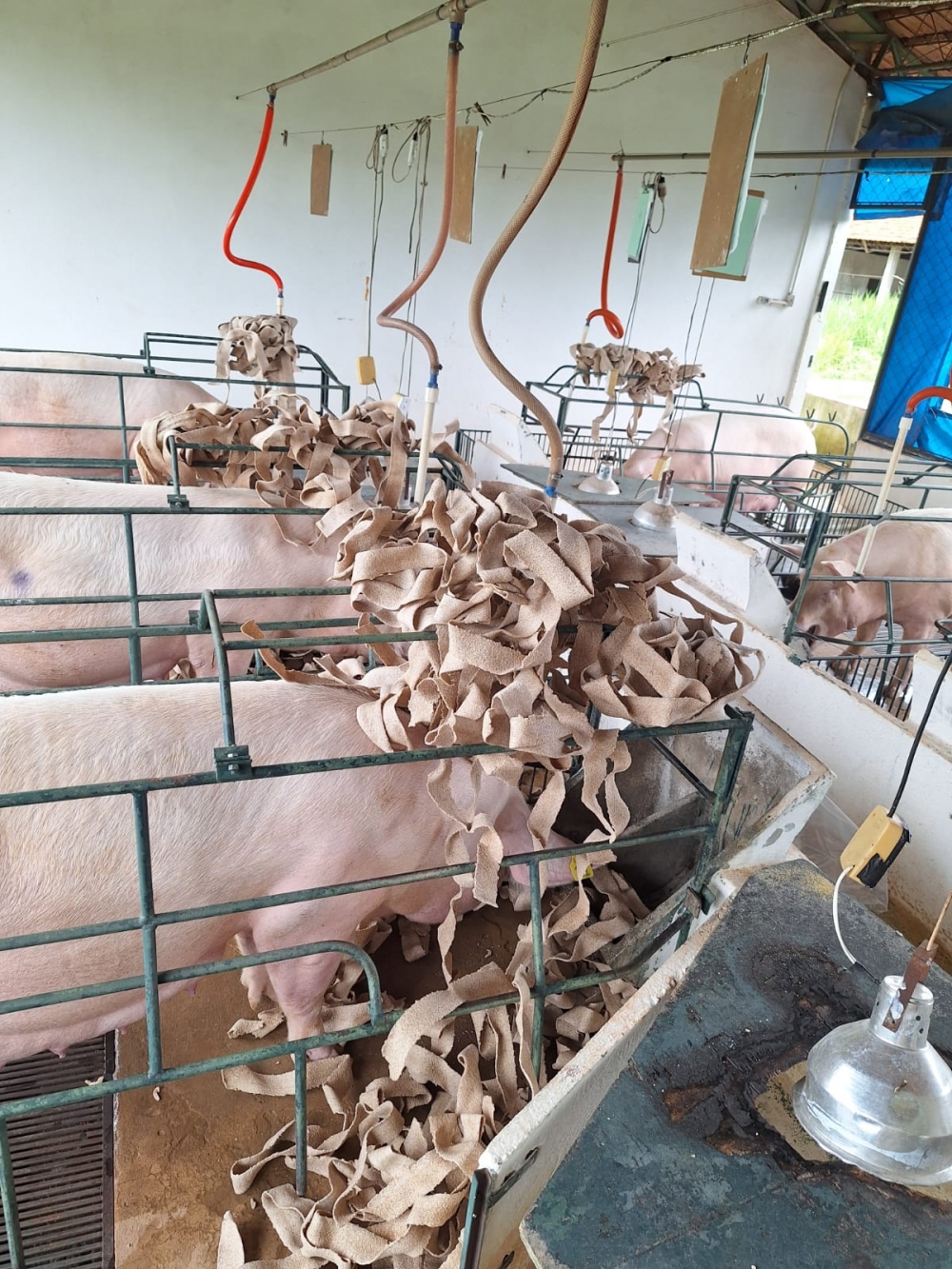
São Paulo startup develops biodegradable material that resembles branches, leaves, and grass used by pregnant sows in nature to prepare their birthing environment.

Pioneering research conducted in São Paulo state (Brazil) shows how the immune system reacts to rare types of childhood cancer.

According to the expert affiliated with the Brazilian Institute of Geography and Statistics, technology can either reinforce inequalities or expand citizenship, depending on how it is regulated. The speaker at the 6th FAPESP 2025 Conference also pointed out the positive role that artificial intelligence can play.

Morin-based powder, extracted from guava leaves, apple peel, and figs, can be slowly released with the help of polymers and serve as an alternative to antibiotics.